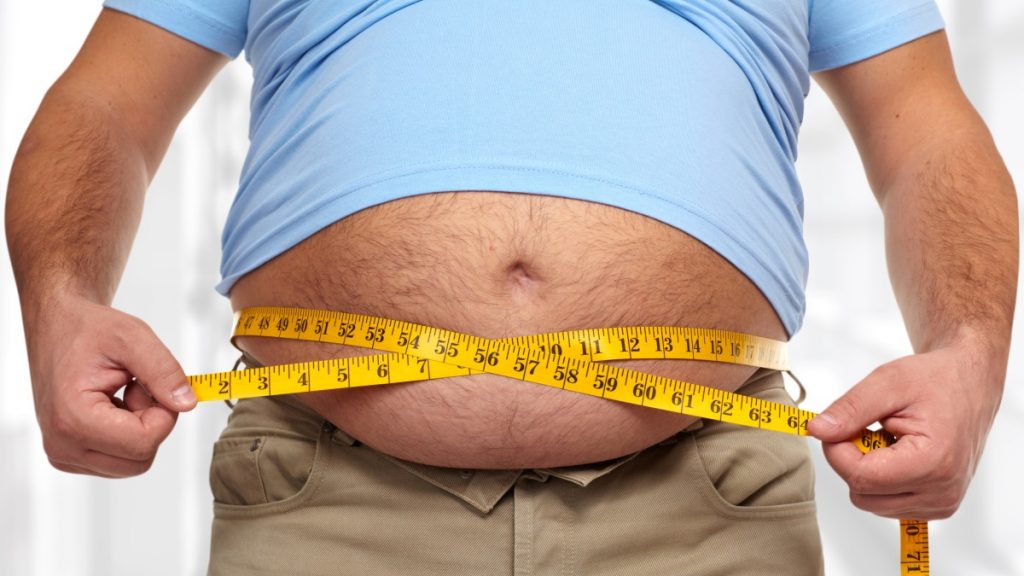Eating problems are a range of psychological conditions that cause unhealthy habits to develop such as skipping meals and being picky with food. They can disrupt any healthy habits you may have. They can also cause further health problems concerning other systems of your body.

Source: liberatinginfo.com
Have an eating disorder? Let’s read more about eating problems.
Binge Eating Disorder
Do you have a developing eating disorder? Being overweight is not just a physical but an emotional problem as well. With the food we are eating, it’s challenging to stop eating and not gain weight! Binging and gaining weight are correlated with other medical complications and mental disorders like night eating syndrome and other types of eating disorders (i.e., bulimia nervosa and binge eating, anorexia nervosa, bulimia nervosa, avoidant restrictive food intake disorder, purging disorder, distorted body image, and other most common eating problems). When do eating patterns become dangerous? Can a disorder like an eating problem be resolved?
The Problem Might Start With An Obsession With Food, Low Body Weight, Or Body Shape.
Let’s talk about how binge eating affects eating behaviors.
Unlike avoidant restrictive and anorexia nervosa which is characterized by abnormally low body weight, having an intense fear of gaining weight, and a distorted perception of one’s body image, binge eating or compulsive eating is a mental disorder just as it is an eating disorder. Binge eating disorder is when the community of people turns to food, eating large amounts when they are emotionally or mentally disturbed. There is an absolute joy in seeing something you love eating just waiting for you. On the other hand, bulimia nervosa is when you eat large amounts of food intake and then purge to get rid of extra calories that you just took.
That’s why some people who experience extreme body weight gain or significant weight loss go to counseling to seek professional help for different types of eating problems. They always have an intense fear of gaining weight or shedding their body mass index. It is very challenging, and they must have tried a gazillion times, but none have worked so far. They know they need to do something but some individuals prefer to have someone always to remind them why they want and need to fight their eating problem.
“Therapy is a great healthy habit to add to your self-care regimen. In therapy, you’ll learn skills and strategies to manage stress more effectively,” says Dr. Jamie Long, a licensed psychologist.
The Benefits Of Counseling For People With Eating Problems

Source: abbynews.com
- Counseling helps determine why you are struggling to lose weight or maintain a normal weight despite doing excessive exercise. When you develop an eating disorder or some kind of mental illness, you deal with an increased risk of experiencing intense fear about some aspects of your life, especially your faults and pains, abdominal pain, low blood pressure, and severe dehydration. It is hard for you to admit these risk factors of eating disorder symptoms, and your brain is so powerful that it can turn all your thoughts into reality. This is often the case with an eating disorder, according to the Diagnostic and Statistical Manual.
Eating Disorder Treatment
- Counseling serves as a constant reminder of what your goal is. Your counselor will make sure that you adhere to all the necessary steps of the treatment, the resources, and information to overcome your unhealthy eating habits associated to your disorder.
- Counseling keeps you motivated to push past through any kind of disorders. It provides self-awareness that makes you know your reasons for every decision you make and for every goal you have.
Helps You Believe That Food Is Not A Solution To Your Sadness
-
It can be a medium of communication for you to reveal everything that’s locked inside of you. You won’t hesitate because you know that your counselor won’t judge and instead use a variety of ways to listen and understand your purging behaviors and the cause of your eating disorder. Counseling helps people believe that food is not a solution to the sadness or depression.
-
Counseling provides relief from recurrent episodes of depression and other stress-related concerns. The services prevent you from drowning yourself in negative thoughts and eating unhealthily. It is an efficient way to create something beautiful out of overwhelming emotions, like diverting your attention to art. This way, you don’t have to turn to food to suppress your depression.
Understanding Eating Behavior
“Those at higher risk may also be struggling with other life-threatening mental health disorders and substance use problems, stressors, or exposure to activities that emphasize size and weight. We also see this condition develop in response to life stage changes such as early childhood, puberty, going to college, young adulthood, mid-life challenges, and loss of relationships,” clinical director Bonnie Brennan.

Source: brightwatermedicalcentre.com.au
Eating Disorders Conclusion
Note that eating problems are mental health problems, and we need to acknowledge the fact that sometimes we cannot deal with them on our own. Counseling provides all the emotional and mental support that is required to realize the value of our health. We own our bodies, and it is our responsibility to ascertain their optimum health despite all the difficulties. Jonathan H. Richardson, PsyD said: “Seek treatment options focused on mental health, not weight loss.”
If you need help with your mental health crisis, contact a professional on their helpline now!
Frequently Asked Questions
- Is there a disorder in eating?
- What are five signs that someone may have an eating disorder?
- Why might a person develop an eating disorder?
- Does everyone have an eating disorder?
- What effect do eating problems have on the body?
- How long does an eating disorder last?
- How do you get rid of eating problems?
- What age do people have eating problems?
- How do you let go of an eating disorder?
- Can eating problems happen unintentionally?
